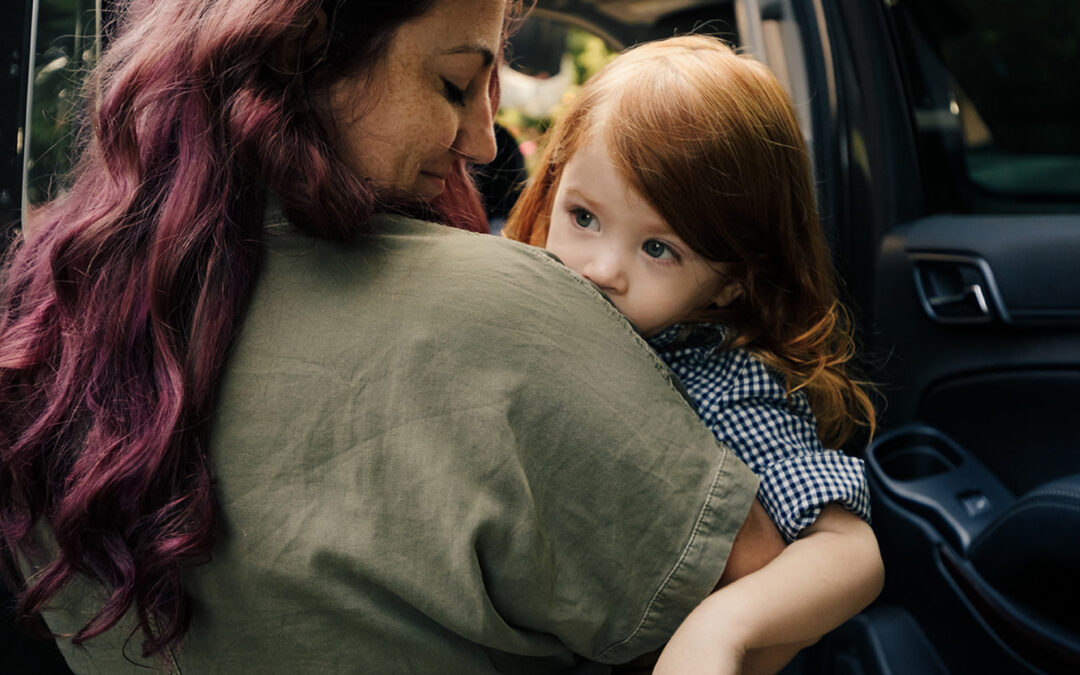Ever see something you feel another parent is doing wrong and itch to “help?” I get it. We want to make our fellow mamas, papas, and other caregivers feel empowered in their parenting choices — but sometimes it’s better to keep your mouth shut. (Or not.) When it comes to preference vs. science, I personally have trouble not saying something on the side of car seat safety (science).
Car Seats and Their Importance:
Car seats are essential tools for protecting your child while traveling in a vehicle. These seats are designed to provide the best protection for your child’s safety, especially in the event of a car accident. Understanding their significance is crucial before discussing when to offer advice to other parents or caregivers.
Car seats come in various forms, including infant-only seats, convertible seats, and booster seats. Each type serves a specific purpose in ensuring the safety of children during car travel.
When To Give Car Seat Safety Advice To Other Parents/Caregivers
Now, let’s explore when it’s appropriate to offer car seat safety advice to other parents or caregivers. Asking yourself these questions can help guide your decision:
Is the child in danger?
It’s essential to be vigilant when it comes to car seats. If you witness a misuse that could endanger the child, it’s your responsibility to speak up.
Here are some common misuses to look for:
- Child in the Front Seat: One common misuse is placing a child in the front seat of the vehicle when they should be securely seated in the rear-facing position in the back seat. The recommendation is to keep children in the rear seat until they are 13 years of age.
- Seat Belts Incorrectly Positioned: Ensuring that shoulder belts are correctly positioned on a child is vital for their safety. Misusing shoulder belts, such as placing them behind the child’s back, can be dangerous. Lap belts should also be correctly positioned to ensure the child’s safety.
- Rear-Facing Position: Many parents transition their child to a forward-facing position too soon. It’s important to keep children in the rear-facing position until they reach the highest weight or height limit recommended by their convertible car seat.
- Infant Only Seats: Using the wrong type of car seat for your child’s age and size is a common misuse. Infant-only seats are often still being used when the child has exceeded one of the limits.
- Weight or Height Limit Exceeded: One of the most critical factors in car seat safety is ensuring that your child does not exceed the car seat’s weight or height limit. This limit is in place to keep your child safe in the event of an accident.
- Inadequate Seat Belt Usage: When using a booster seat, it’s crucial to ensure that the child passengers are correctly buckled up with the seat belts. Misusing seat belts can lead to serious safety issues. Everyone in the vehicle, including the adults, should be buckled up.
Is my intent good?
We all think our intentions are good when it comes to child safety but check in one step further. “Is my heart in the right place?” If you genuinely care about the safety of a little one, are trying to lift up and support another parent (without judging or shaming), or you simply won’t be able to sleep tonight if you don’t say something, move to the next question. Ensure that your intentions are rooted in genuine care for the child’s safety, without judgment or shaming.
Am I sharing in private?
If you aren’t sharing privately, your intent isn’t good. To avoid embarrassment or defensiveness, it’s best to have these conversations privately.
What is the best forum to share the message?
Is an Insta DM the best way to start this conversation? How about a text? Phone call? Think through the platform in which you would prefer to receive this kind of message before sending one yourself.
Am I the best person to say something?
Here’s the thing. Car seat safety (again) is science, not preference. That said, it’s got a hell of an ego attached to it. People do not intentionally put their babes at risk 99% of the time, so if you see something that puts their babe at risk, know that it’s about to get personal. There are some caregivers that suffer from survival bias, so you may find this blog helpful if you encounter that. Unintentionally putting your child at risk can give people shame, anxiety, and embarrassment. (Even though they shouldn’t feel this way, it’s all part of the parenting mantra.)
However, just because you’re a parent doesn’t mean you’re a car seat safety expert. In the same way, you wouldn’t take advice from a neighborhood mom about a full-body rash (hello, medical expert); a certified car seat safety technician is the expert in this field.
You may know a heck of a lot! But I’d still wager that you aren’t doing everything correctly, either. 100% of the families I’ve worked with had a major misuse — and it’s hard for any of us to hear we’re doing something that important, that wrong. Tips are often better received from an expert (or a humble, still-learning fellow parent). One more question.
Do I know this person outside of social media?
If you have a healthy, personal relationship with this person and have checked yourself on all prior questions, I think your heart will fill with worry if you don’t say something.
Would you feel comfortable offering car safety advice to other parents?
In the end, offering car seat safety advice to fellow parents or caregivers is a delicate balance of care, concern, and respect. It’s a reflection of our shared commitment to keeping our little ones safe. Remember that every parent is on their unique journey, and sometimes, the best way to help is to lead by example and offer support when it’s genuinely needed. Car seat safety is about science, but it’s also about empathy and understanding. By following the guidelines provided by the AAP (American Academy of Pediatrics) and keeping these considerations in mind, we can all contribute to the safety and well-being of our precious little ones. So, as you navigate these conversations, keep in mind the questions we’ve discussed, and trust your instincts. By approaching these discussions with compassion, you can empower other parents to make informed choices and, ultimately, contribute to the well-being of our precious children.

